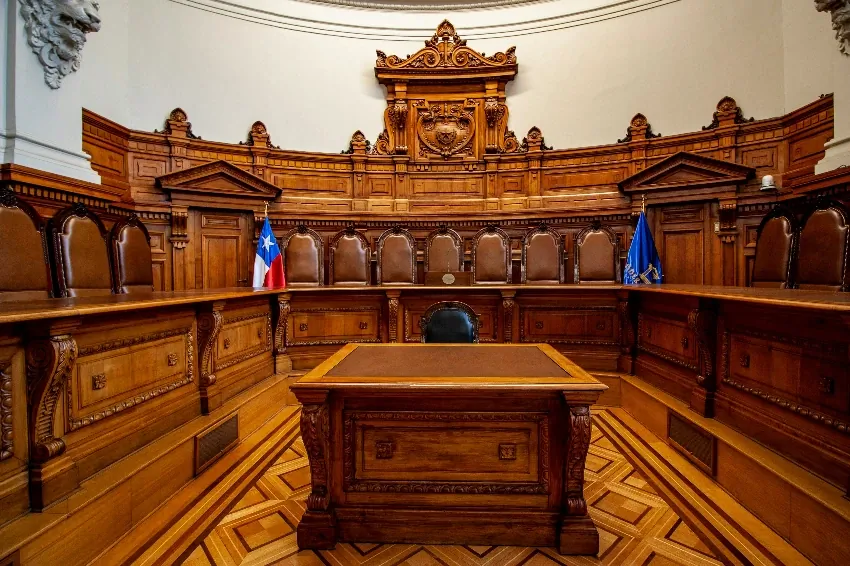
The Continuation of the Offense and the Execution Judge: The Court of Cassation's Clarity No. 19390/2025
The Supreme Court, with Judgment No. 19390/2025, defines the limits of the Enforcement Judge in recognizing the binding nature of the continuation, excluding the consideration of precautionary measures following irrevocable judgments. An in-depth analysis to understand the implications of this important decision.

Criminal Cassation no. 15263/2025: the nullity of the appeal judgment for reasoning referring to a different defendant
The Court of Cassation, with judgment no. 15263/2025, reiterates that the "wrong person" reasoning constitutes absolute nullity of the second-degree measure, not subject to correction under art. 130 c.p.p.: here's what it means for defense and judges.
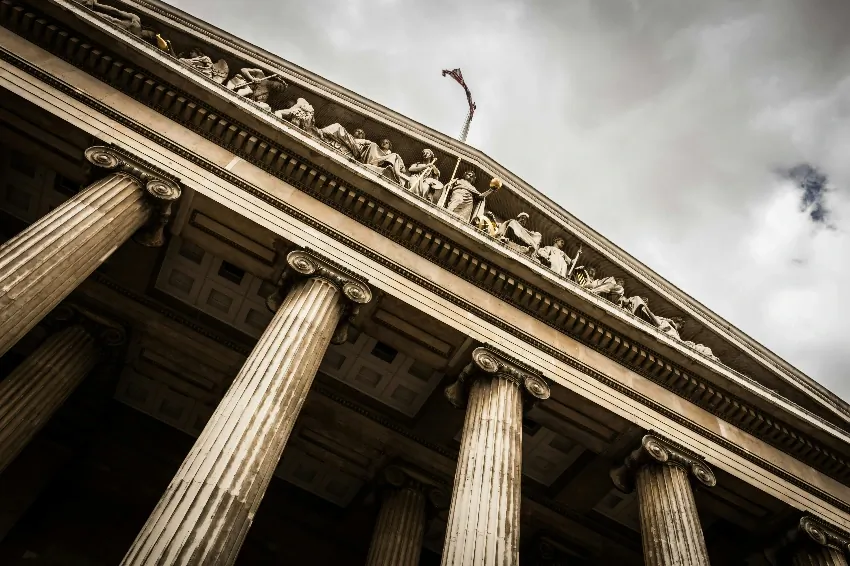
Court of Cassation: lack of reasoning is a legal defect (Judgment no. 11721/2025)
An in-depth analysis of Cassation Judgment 11721/2025, which equates absent or apparent reasoning to a violation of law defect, emphasizing the importance of Article 111 of the Constitution for the validity of judicial decisions and the implications for criminal appeals.

Videoconference and Nullity of the Judgment: Analysis of Judgment No. 1527 of 2024
The recent ruling of the Court of Appeal of Reggio Calabria clarifies that the defendant's absence during the reading of the decision via videoconference does not result in the nullity of the sentence. Let's explore the details and legal implications.
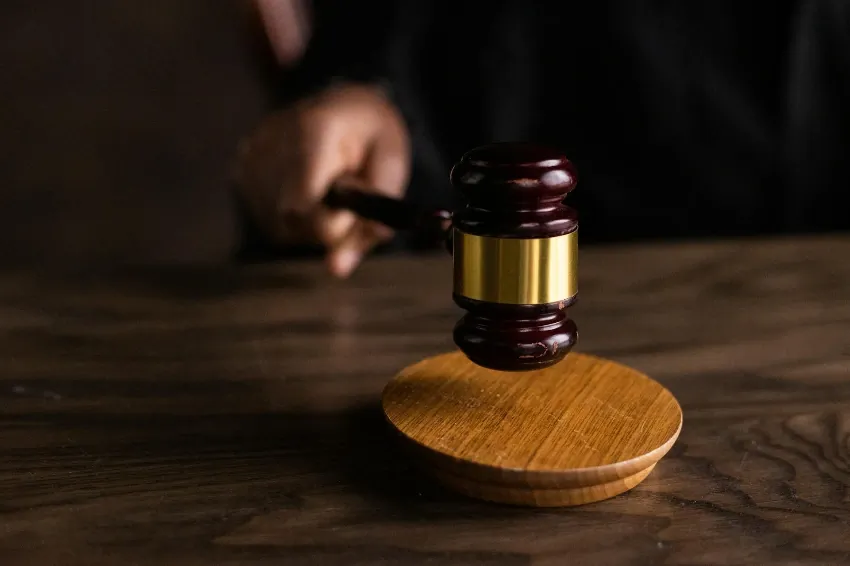
Judgment No. 2772 of 2024: The Reasoning in Judgments and the Role of Wiretaps.
Analysis of ruling no. 2772 of 2024, which clarifies the requirements of reasoning in criminal judgments, with particular reference to the use of telephone interceptions. An in-depth look at the principles of clarity and linearity in the reasoning of evidence.

Robbery and minor offense: the Court of Cassation (Judgment no. 9599/2025) opens new perspectives for convicts
The Criminal Court of Cassation, with judgment no. 9599 of 2025, opens new perspectives for those convicted of robbery, allowing them to request the application of the mitigating circumstance of minor offense even for final judgments prior to the Constitutional Court's ruling no. 86 of 2024. Discover how this decision can influence sentencing and what the conditions are for accessing this important review.
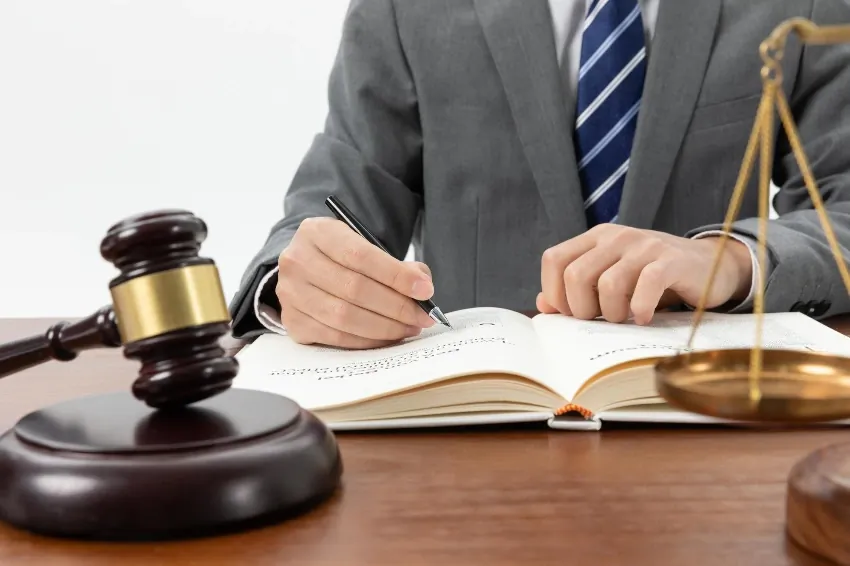
Nullity of the Appeal Judgment: The Right to Discussion After the Rejection of the Plea Bargain under Art. 599-bis c.p.p. (Cass. Pen. n. 10897/2025)
The Supreme Court of Cassation, with judgment no. 10897/2025, has reiterated a fundamental principle of criminal procedural law: the nullity of the appeal decision in case of failure to discuss the parties after an implicit rejection of the plea bargain. An in-depth analysis of how the procedure affects the right to defense and the participation of the Public Prosecutor.

Money laundering and fraudulent transfer of assets: Cassation n. 13083/2025 clarifies the relationship between articles 648-bis and 512-bis of the Criminal Code.
Judgment no. 13083/2025 of the Court of Cassation identifies an important rule of absorption between money laundering and fraudulent transfer of assets, impacting defense strategies in property crimes and offering food for thought on investigations, charges, and penalties.
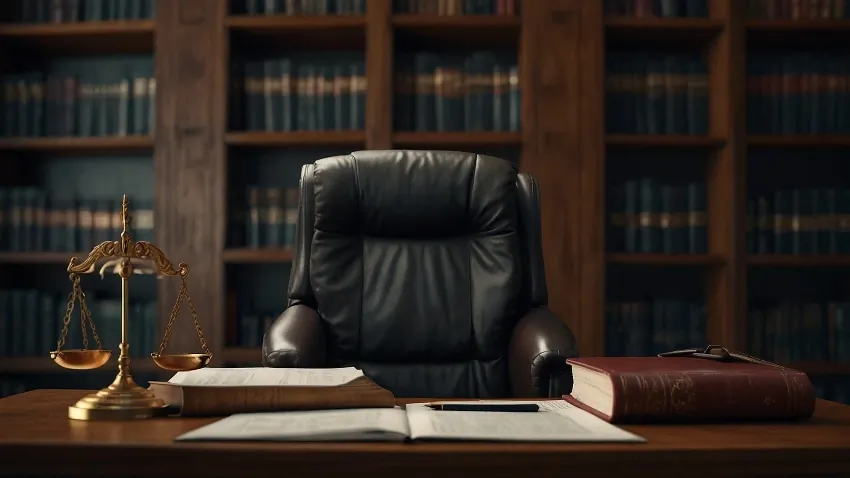
Reversal of Acquittal on Appeal: The Supreme Court and Nullity for Omitted Re-examination of Evidence (Judgment no. 9128/2025)
An in-depth analysis of the Supreme Court judgment no. 9128 of 2025, which clarifies the limits of deductibility of nullity on appeal when an acquitting judgment is overturned without re-examining testimonial evidence, and the crucial role of art. 603, paragraph 3-bis, c.p.p. for the protection of procedural rights and the stability of decisions.
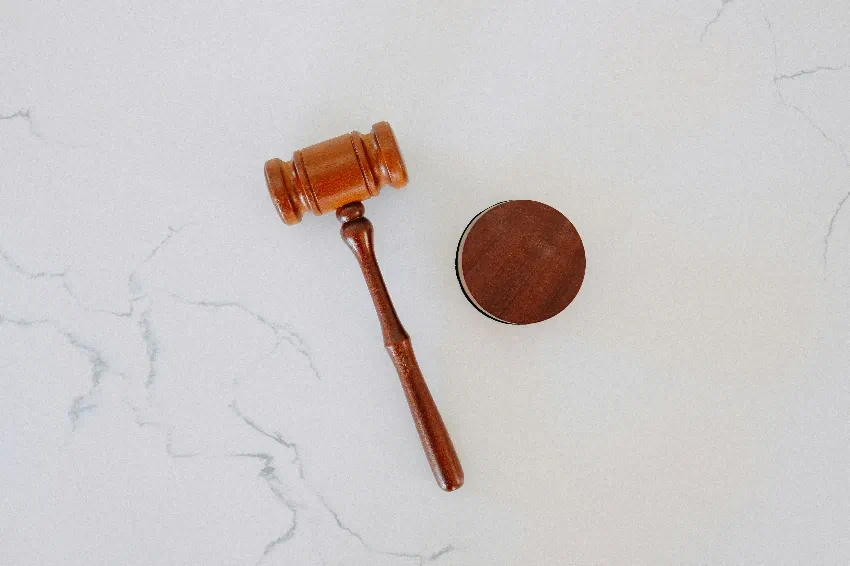
Corruption and Extortion: Analysis of the Supreme Court Ruling, Criminal Section VI, No. 5225 of 2019.
Let's explore the ruling of the Court of Cassation that clarifies the principle of correlation between accusation and sentence, highlighting the requalification of the crime from extortion to corruption and its legal implications.